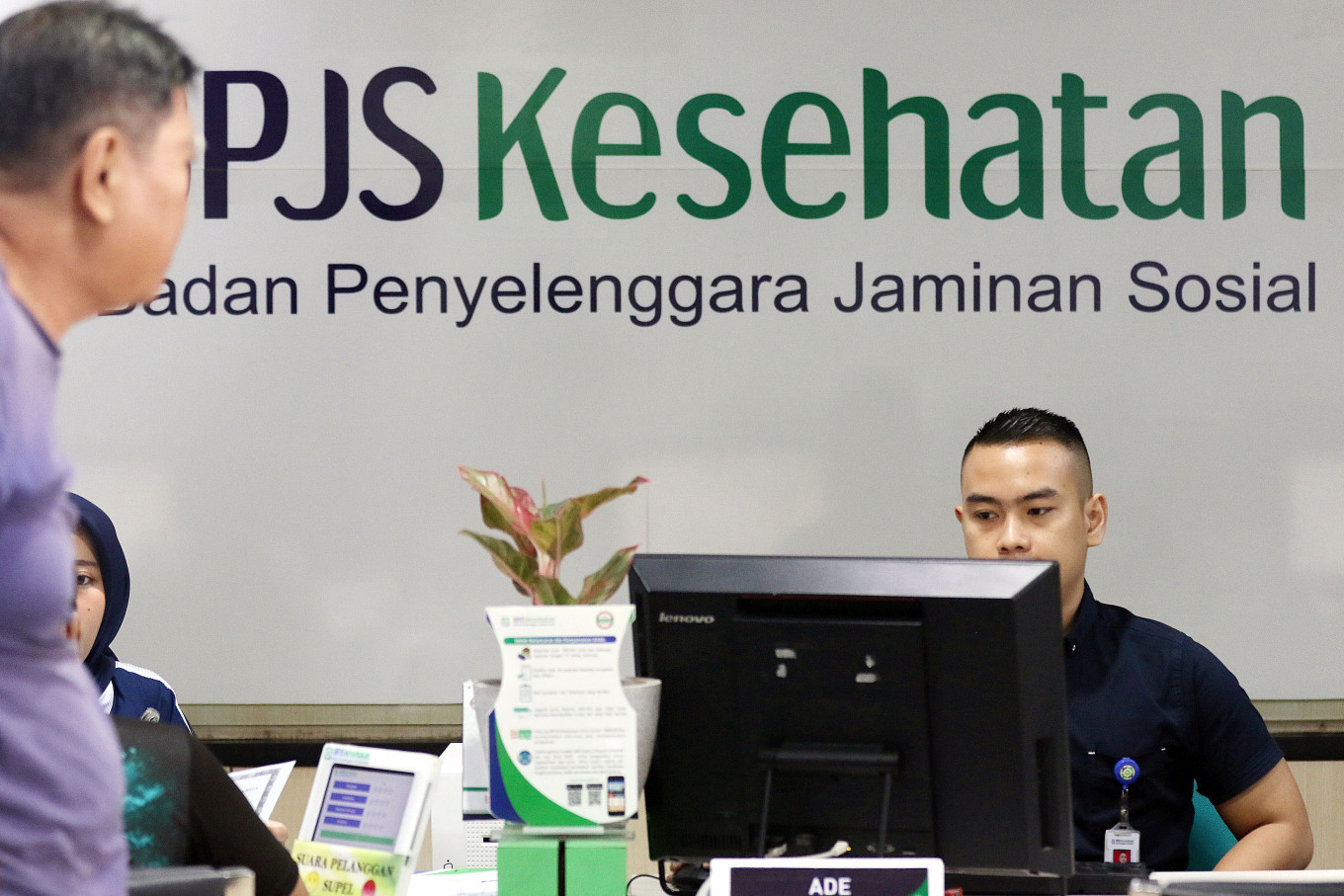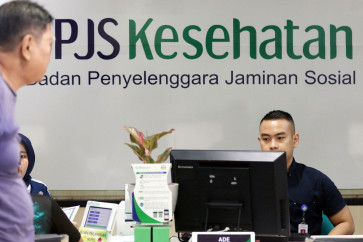Popular Reads
Top Results
Can't find what you're looking for?
View all search resultsPopular Reads
Top Results
Can't find what you're looking for?
View all search resultsActivists demand better services after drastic JKN premium hike
Change text size
Gift Premium Articles
to Anyone
T
he new hike in premiums for the deficit-stricken national health insurance (JKN) should be followed by better health services for all policyholders, activists have said.
The higher premiums will be effective in July and are stipulated in a presidential regulation issued by President Joko “Jokowi” Widodo roughly two months after the Supreme Court annulled an earlier regulation to increase the premiums.
The premium for the first-class services from Rp 80,000 (US$5.33) to Rp 150,000 per month per person, while almost doubling the premium for second-class services from Rp 51,000 to Rp 110,000.
The premium for the third-class service was increased by a smaller amount, from Rp 25,500 to Rp 42,000, and the government will provide a Rp 7,000 subsidy for this service category, so participants only have to pay Rp 35,000.
The Health Care and Social Security Agency (BPJS Kesehatan), which runs the JKN for about 223 million people, or 83 percent of the population, has been struggling with cash flow problems since its inception in 2014. It recorded a Rp 13 trillion deficit last year as premium collection fell short of the target while claims soared.
Many JKN participants found it difficult to get treatments at hospitals, with most of them claiming that hospitals perceived JKN holders as second-class patients, according to activist Timboel Siregar from BPJS Watch.
“There were many participants who reported about such conditions to us,” Timboel said on Saturday.


















